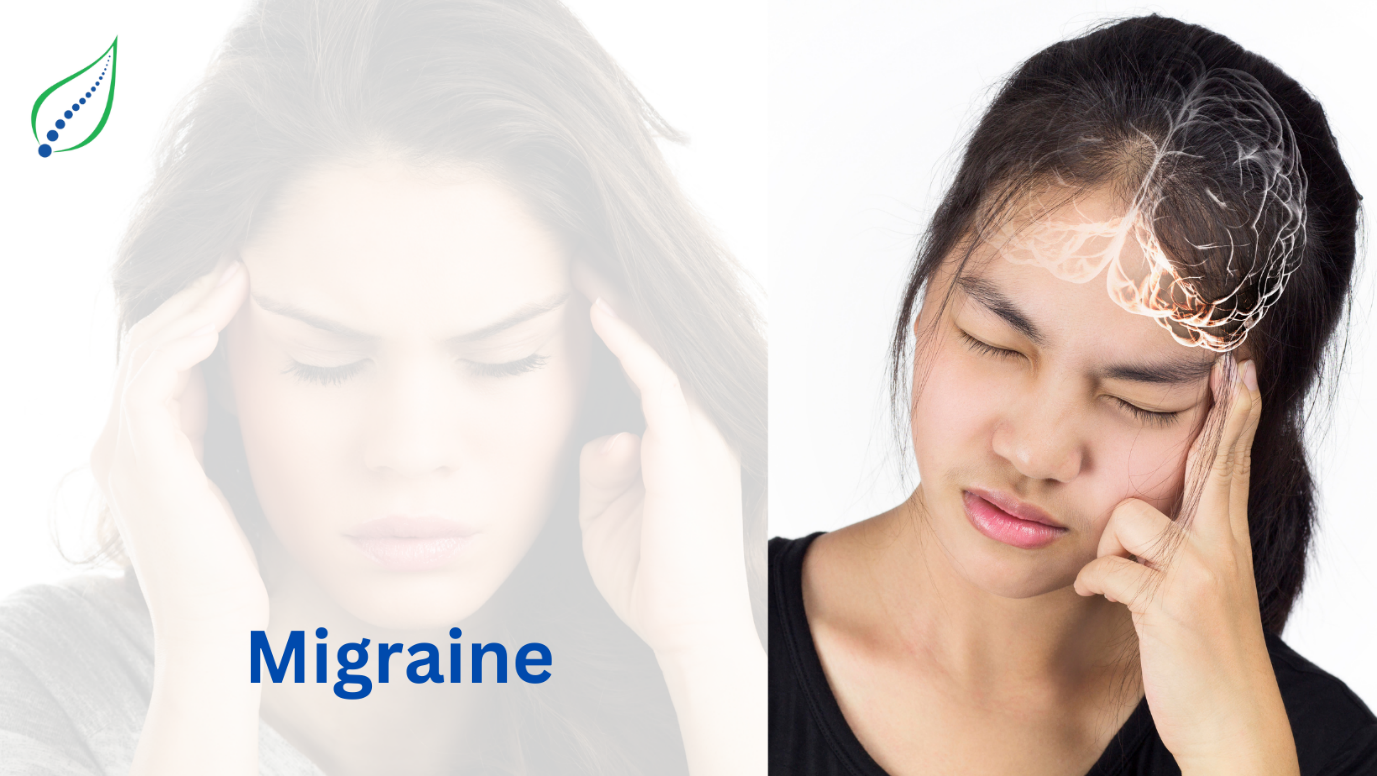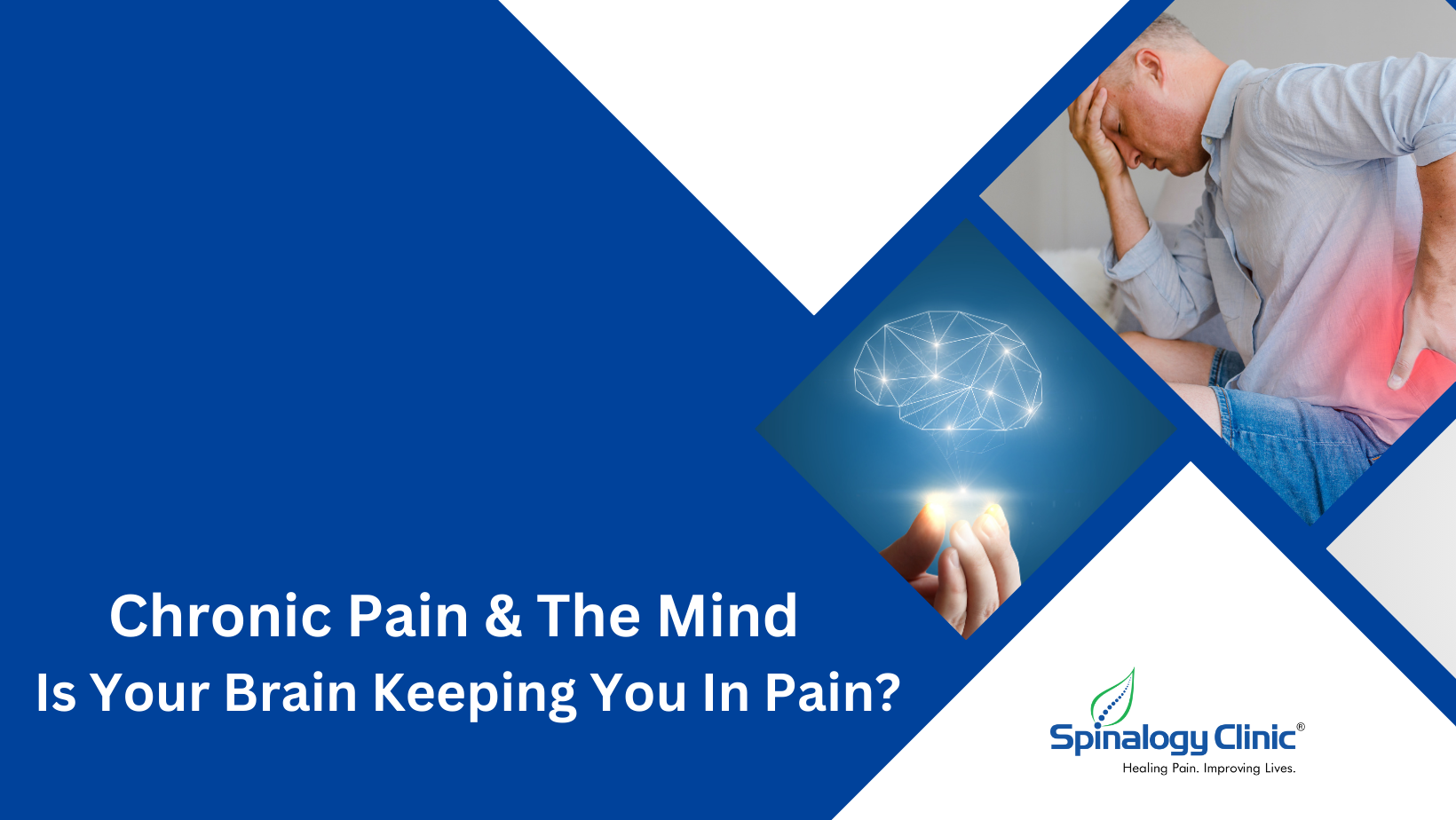Migraine
Migraine is a complex term with characterized episodes of headache varies moderate to severe. In general migraine headaches lasts from hours to days based on this committee of international headache society migraine is classified into subtypes.
TYPES OF MIGRAINE
Migrane without aura - recurrence of head ache with unilateral location, pulsating like sensation, moderate to severe intensity, increases on physical activity, Nausea and sensitivity to light and sound present.
Migrane with aura – recurrence with reversible attacks, lasts minutes, unilateral symptoms, visual, sensory, speech and language, motor, brainstem, retinal followed by headache.
Chronic Migraine- there will be constant headache 15 days or more days in a month and this occurs consequently 3 months
Probable Migraine -Symptomatic migraine which is lack migrane criteria and doesn’t meet any type of headache criteria.
COMPLICATIONS OF MIGRAINE
Status migrainous - Migraine attack lasts greater than 72 hrs
Persistent aura without infarction- Aura persist more than one week without showing decreased blood supply on neuroimaging.
Migrainous infarction- shows aura along with decreased blood supply to brain on neuroimaging
Migraine Aura-triggered seizure- the Seizure is followed along with migraine attack.
Episodic syndromes associated with migraine -
Gastrointestinal disturbance with recurrent vomiting’s, abdominal pain, nausea
Benign paroxysmal vertigo
Benign paroxysmal torticollis i.e., repeated episodes of head tilt to one side.
CAUSES
Food and Drinks
- Beverages which contain alcohol and sulphates
- Processed foods like aged cheeses, Monosodium glutamate which is found in Chinese food, commercial pizza for enhancing flavour.
- Food which contains tyramine or nitrates (smoked deli meat, hot dogs, bananas, avocados)
- Citrus fruits, dyes and other chemical food additives.
- Olean, Peanuts, Pickled foods
Stress
- Mental stress related to health issues, work related or stress related with periods
Environment
- Strong odours like perfumes, fumes etc.,
- Very bright lights, noises
- Change in sleep pattern
- Change in weather
- Incorrect diagnosis of sinus headaches.
Non - Surgical Treatment
It includes Symptomatic treatment and preventive treatment -
Symptomatic treatment will be given based on their symptoms
- Anti-emetics - To reduce nausea and vomiting.
- Anti-inflammatory/analgesic medications - To reduce pain
- Combination preparation - Compound may contain analgesic, narcotic analgesic, sedative, and agent to constrict blood vessels.
- Dihydroergotamine (DHE)-contain serotonin which constrict blood vessels mainly veins.
- Triptans-these include Sumatriptan, naratriptan, Rizatriptan, zolmitriptan etc.
Preventive Treatment:
To prevent migraines i.e., Patients with frequent and severe headaches prefer to take daily medication. Actually, these medications are prescribed for other conditions but these are effective in preventing migraines
- Anti-epileptics like semi sodium valproate, topiramate, gabapentin
- Anti-inflammatory medication
- Aspirin
- Beta blockers like propranolol, nadolol
- Calcium channel blockers verapamil, amlodipine
- Anti-depressants- Fluoxetine, venlafaxine, bupropion
- Tricyclic anti-depressants like amitriptyline, nortriptyline, protriptyline
CAUTION: The symptomatic and preventive medication should be prescribed by medical professional. Not to be taken on own as these medications have their own side effects.
Physiotherapy
Migrane affects the sub-occipital and paraspinal muscle tone leading to cervical problems; this can be corrected by Hands-on therapy, specific exercise training which includes stretching, strengthening and self-manual distraction techniques. Some studies prove that physiotherapy is more effective when combined with other treatments like thermal biofeedback, Relaxation training.
Dietrics
Adding nutritional supplements like riboflavin, pyridoxine, folate, cobalamin vitamin D are useful in preventing migraine.
CBT
Cognitive Behavioural therapy and relaxation therapy are also effective in reducing migraine attacks and migraine related disorders.

_1742973131.png)
_1742634080.png)

